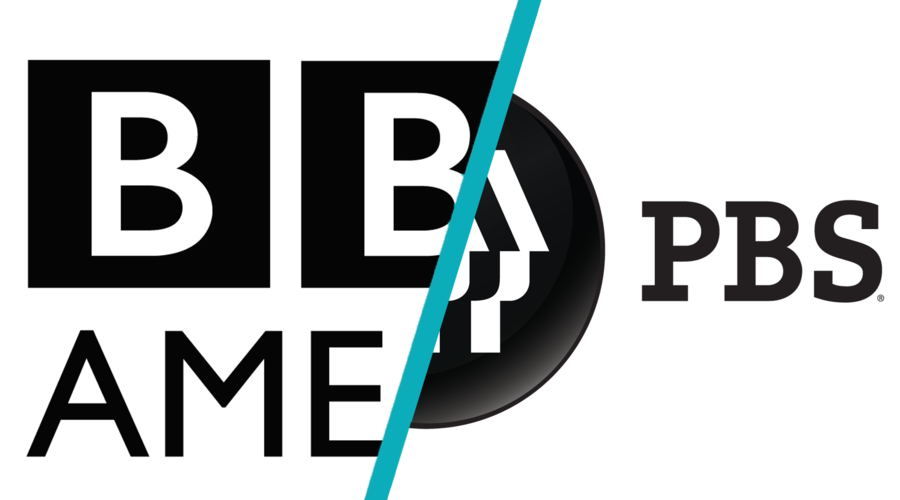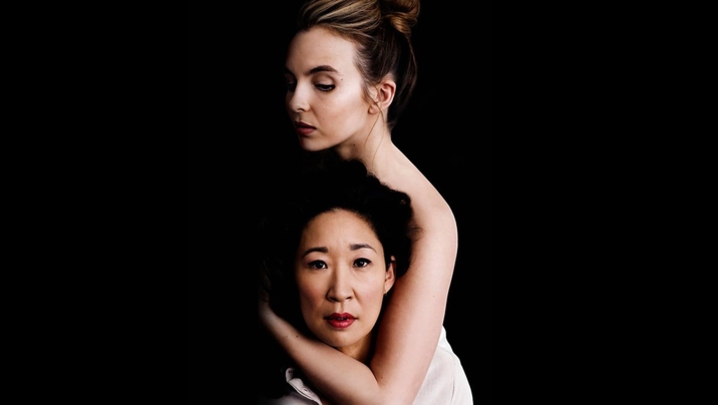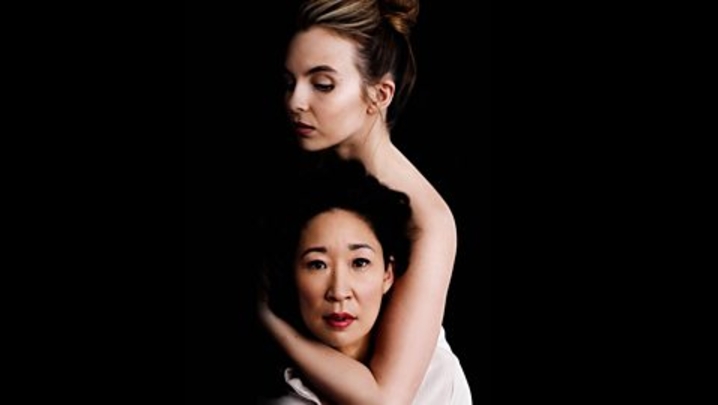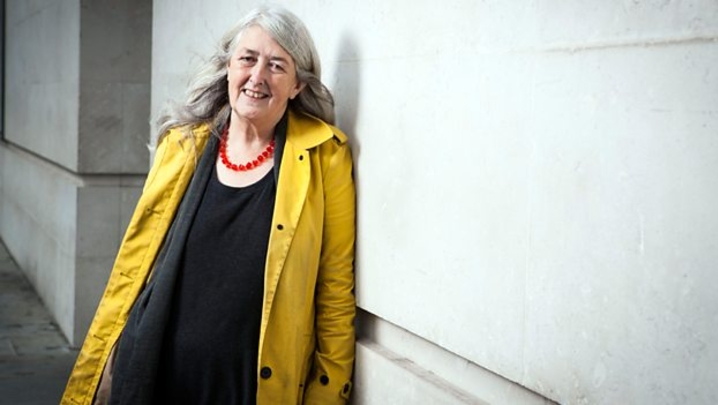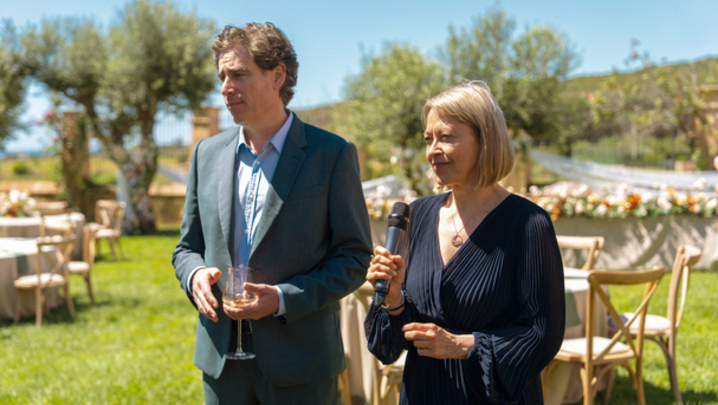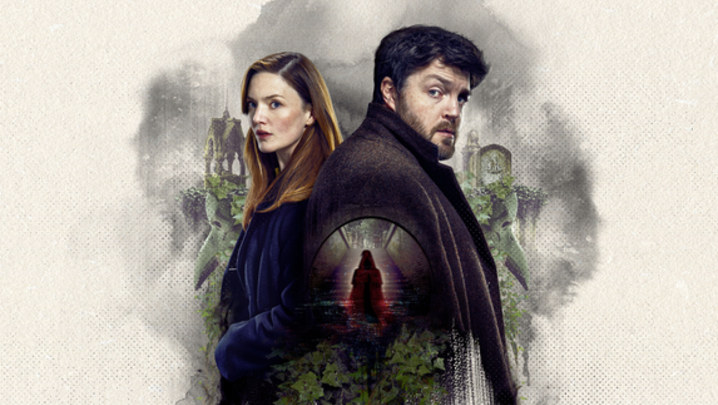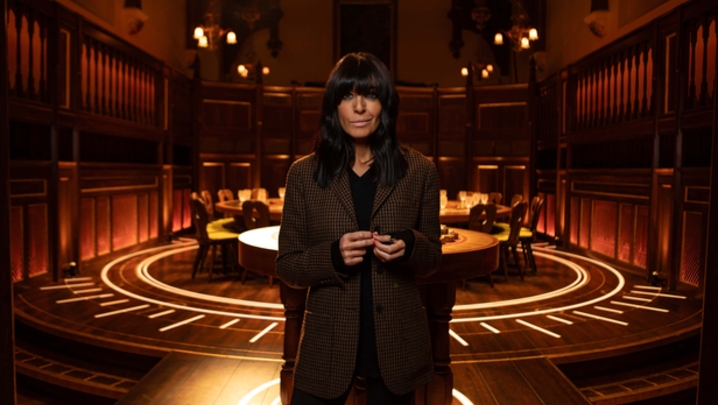Yes and no. In one very literal sense, it has a BBC in the form of BBC America. However BBC America is just like any other channel in the US. It has adverts, and it’s also partly funded through cable subscriptions. It does show a lot of BBC content though. As with all BBC channels not broadcasting to a UK audience, it is not entitled to any money from the UK licence fee and is run through BBC Worldwide, the corporation’s global commercial arm.
However the US also has PBS – its Public Broadcasting Service. That is closer to doing the BBC’s job in America. Not only that, it’s heading across the pond to bring some of its most successful shows – Frontline and Ken Burns’ The Civil War – to a British audience.
As a non-American, you’re likely to have had limited exposure to PBS. It occasionally features in the news – most recently in May when a Trump administration budget proposed its defunding. It also pops up on Netflix sometimes, where you can find many of its shows, especially documentaries from filmmaker Ken Burns. And if you are a fan of glitzy American awards shows, it aired Downton Abbey which earned it a number of accolades.
PBS launched in 1969 following a period of intense campaigning by a woman named Freida Hennock, who was the commissioner of the Federal Communications Commission (FCC).
In the US, unlike the UK and many other countries around the world, television was a commercial medium first and foremost. In Sweden for example, Sveriges Television (SVT) is funded by the license fee, is without commercials and modelled on the BBC. In the UK, the BBC is publicly owned, and has an obligation to provide a public good in entertaining and informing the British people. Hannock recognised that, while commercial broadcasters may do a certain amount to offer their audiences educational content, they were not incentivised to do so by their commercial bent.
Speaking to Vox in 2016, Paula Kerger, President and CEO of PBS, said, “[Hannock] was looking at an emerging medium, recognising that it could be such a democratising element of society, but that it would never be fully realised if there wasn’t some piece of it set aside for non-commercial purposes.”
Hannock was successful and, by 1952, the FCC had published a rule which permanently set aside a certain area of the airwaves for educational television.
In 1967 President Johnson signed the Public Broadcasting Act into US law, establishing the Corporation for Public Broadcasting, which eventually led to the creating of PBS and NPR (National Public Radio).
Since then, PBS has been an on-off political football. In the 2012 election, Republican candidate Mitt Romney proposed defunding the network among a series of proposed cuts. (It is noteworthy that only 15% of PBS’ budget comes from federal funding. However, while some stations get only 7-8% of their funding from the government, others in more hard-to-reach areas like Alaska can get as much as 50%). Changes in the way that television is provided (increasingly over the internet) have forced the FCC to open up the signal spectrum to auction in an effort to ease the burden on broadband providers which could potentially curtail the reach of PBS in smaller communities.
The network operates on a tight budget, and it does not benefit from a licence fee-like agreement such as we have in the UK. Paula Kerger told Vox’s I Think You’re Interesting podcast, “If the Netflix numbers are real, they spent more on the production of The Crown than is my entire broadcast budget for general audience content.”
However, it is not all bad news at PBS. In a recent survey, the organisation was found to be considered the most trusted media outlet in the US – across print, broadcast and even government bodies. Its relationship with celebrated documentary maker Ken Burns continues, with his latest project The Vietnam War recently having shown on BBC Four. PBS has also recently acquired ITV’s Victoria in an effort to recreate the success that Downton brought to the channel.

